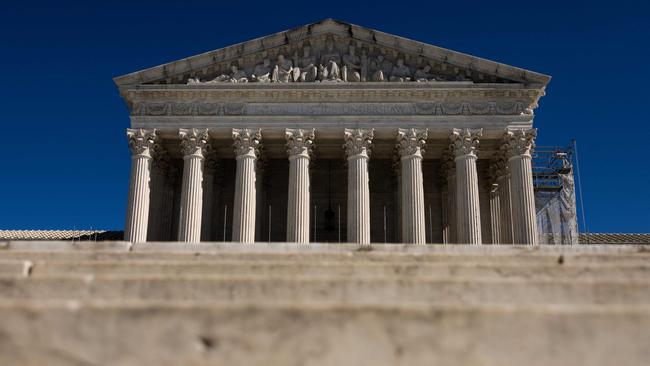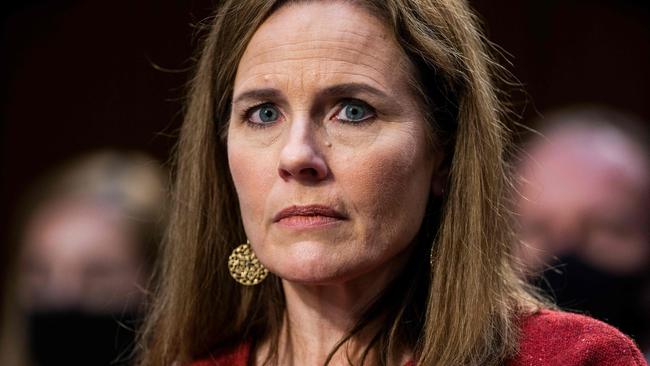Supreme Court deadlock blocks state funding for religious charter schools
The 4-4 vote, with Justice Amy Coney Barrett recusing herself, delivers an unexpected setback for social conservatives.

The Supreme Court on Thursday rejected a plea to require state charter school programs to fund religious schools, an unexpected setback for social conservatives who had won a string of cases expanding sectarian involvement in public education.
The court divided 4-4 on the case, due to the recusal of Justice Amy Coney Barrett, thereby affirming an Oklahoma Supreme Court decision that found it unconstitutional to require the state to fund religious education through its public charter program.

As is typical in such instances, the court provided neither an opinion nor a vote count among the justices. But at oral argument last month, it was clear that the three liberal justices — Sonia Sotomayor, Elena Kagan and Ketanji Brown Jackson — agreed with the Oklahoma court that there was no constitutional requirement for taxpayers to finance religious charter schools on equal terms with secular ones. Thursday’s decision means one of four conservative justices saw the issue similarly.
The case involved a proposed institution to be named St. Isidore of Seville Catholic Virtual School, jointly incorporated by Oklahoma’s two Catholic dioceses. Church officials envisioned it as a way to bring Catholic education to rural parts of the state through public funding.
Officials worked with a University of Notre Dame religious liberty clinic to craft a charter school application, which effectively served as a challenge to Oklahoma’s ban on religious charters. The issue divided the state’s Republican leadership: Oklahoma’s charter school board approved the application, while Attorney-General Gentner Drummond filed suit against it.
The Oklahoma Supreme Court agreed with Drummond that both the state and federal constitutions prohibit public funding of religious schools. In their appeal to the US Supreme Court, both St. Isidore and the charter school board argued that charter schools were better conceived of as private organisations operating under state contracts rather than as an extension of the public school system.
Barrett provided no reasons for sitting the case out, but one of her friends and former faculty colleagues at the Notre Dame law school, Nicole Stelle Garnett, helped craft the legal framework attempting to justify public funding for religious charters.
Wall Street Journal



To join the conversation, please log in. Don't have an account? Register
Join the conversation, you are commenting as Logout